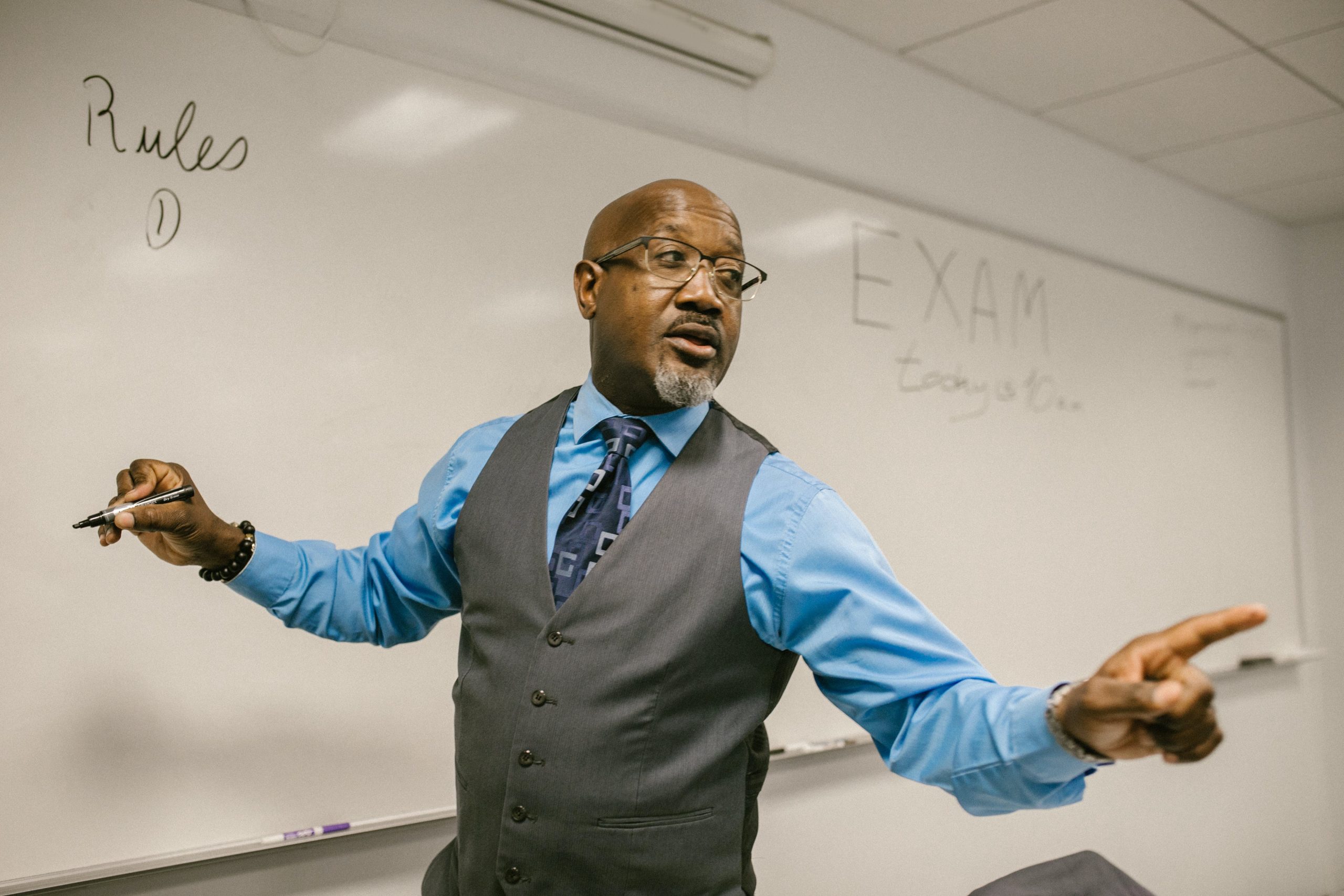Recruitment targets not met. Unsuccessful bursary schemes. Alarming retention rates. What can be done to answer the teacher recruitment and retention crisis?
Over the next six years, the Department of Education forecasts that pupil numbers are set to increase by almost twenty per cent. A report found that over the previous five years, the number of school children in classes of 36 or more pupils had trebled. Many schools across the UK regularly have classes of forty pupils or more.
Set amongst this bleak vista, only 80 per cent of the required number of secondary trainees were recruited last year. Make no bones about it, we are in the midst of significant teacher shortages.
The days when a teaching career was seen as amongst the most aspirational in society appear to be over. Today, the best brains go to banking, financial services and the like. This isn’t the case in every country, however. In other European countries, particularly those in the Nordic region, teachers are highly valued.









